Imagine being a child and learning to speak up for yourself, even in awful situations. Imagine being a child and understanding it is okay to experience bad feelings in the face of fear, pain, and loneliness – or worse. Imagine being a child and learning coping mechanisms, mindfulness, and even self-acceptance.
While most adults cannot quite imagine learning these things as a child, they may not have to when it comes to their children and grandchildren. New Frontier Behavioral Health Center in Fallon is helping to make that a reality through Project Balance, their new free Social Emotional Learning classes, SEL.
While SEL may sound like a touchy-feely catchphrase, it is technically part of growing up. Or at least it should be. SEL is the process of developing self-awareness, self-control, and various interpersonal skills. The better children understand their emotions, the better they can demonstrate empathy and respect for others, learn to cope with difficult life experiences, and better achieve their goals and build positive relationships.
Along with the Nevada Department of Health and Human Services Division of Public and Behavioral Health, New Frontier has launched Project Balance. Thanks to a sizeable grant awarded earlier this year, New Frontier has partnered with Churchill County School District, the CARE after-school program, Churchill County Juvenile Detention Center, Fallon Youth Club, and the Churchill County Library. Actively looking to expand its reach, New Frontier is committed to bringing SEL to students in grades K-12 to help them learn about mental wellness, self-care, and healthy relationships with themselves and others.
Project Balance has been made possible through a grant written by New Frontier educator, counselor, and mental health advocate, Brittney Frew. Frew began working on the grant last October, which includes several classes and activities she designed based on evidence-based programs and research. The grant was awarded in March, after which Frew brought on Youth Outreach Advocate/Services Coordinator Jocelyn Hitchcock, M. Mu., to help the project move from concept to reality.
Taking up Frew’s Project Balance mantle with the same passion and heart for helping young people, Hitchcock has been focusing on community outreach and program implementation. Joining New Frontier in April, Hitchcock brings over three decades of teaching experience to the table. Hitchcock will tell you she is not a therapist or counselor but a teacher, and now she teaches social-emotional learning.
In one class, she works with non-verbal special education students, using various colors and textures to engage their senses and help them experience their surroundings differently. Hitchcock strives to teach gentle self-acceptance. She even introduced them to a sound bath - the therapeutic use of music to help achieve a peaceful or meditative state.
Hitchcock has also begun working with juvenile detention center students, where the focus is anger management. By teaching relaxation skills, she can open the door to teaching them concepts to help them become more emotionally aware and better deal with their anger. The techniques Hitchcock uses vary widely from class to class. The free classes usually also include an art or creative craft project, allowing students to express themselves further.
“It’s okay not to be okay,” explained Hitchcock, which is not something children usually learn. “One of the most powerful things we do is teach them that they can talk about their feelings and say things like ‘I am mad’ or ‘I am frustrated,’” says Hitchcock. “They are beginning to understand that their current negative emotional state is temporary, and they can work through their feelings.” The program also promotes building healthy relationships and teaching them to recognize unhealthy relationships and identify manipulating or controlling behaviors.
Every process Hitchcock utilizes is part of the state-approved data-driven curriculum designed to help students grow emotionally. The idea is to normalize mental wellness. Another impactful method is STEP, which is “say it, talk about it, explore it, pick the best solution.” Once they have acknowledged what they are feeling and understand it is okay to feel it, they can decide on a good solution.
“We also work on teaching kids to speak assertively – not aggressively,” says Hitchcock. “We don’t want them to let other kids walk all over them, but they need to learn to speak in a kind voice and with respect. In a way, it’s like teaching them manners.”
According to Hitchcock, the children are responding well. And why wouldn’t they, when she uses things like bubbles, M&Ms, pinwheels, and a virtual cornucopia of fun, interactive teaching methods? “Kids are really getting into it,” she says. Kids are beginning to talk about triggers and finding better long-term solutions than reacting with rage or aggression, even when working through difficult things. “It is important that kids learn to verbalize what’s on their minds.” Other age-targeted activities like rainbow and pinwheel breathing can help students learn to stop and breathe (in with the good, out with the bad) when they encounter fear, agitation, or anxiety.
New Frontier has a lot more in store through Project Balance. According to Hitchcock, there is an excellent chance their grant will be renewed, and they can continue bringing SEL to Fallon’s young people.
All classes are free, and parents are welcome to join.
If you are interested in classes for your child or would like to host a class location, checkout New Frontier at www.newfrontiernv.us
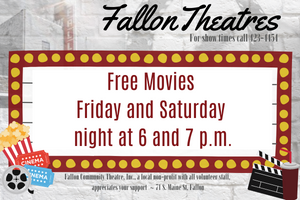

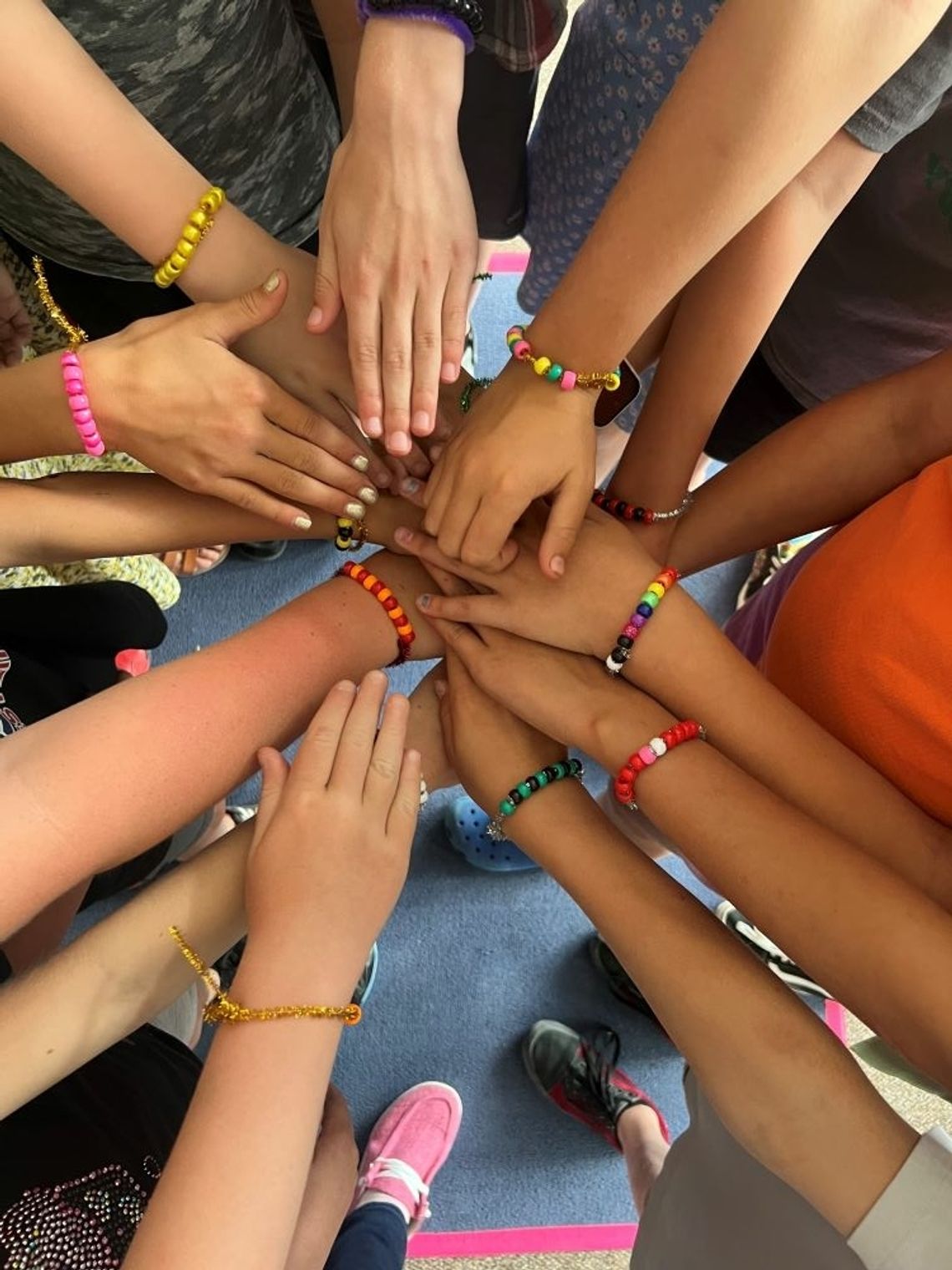
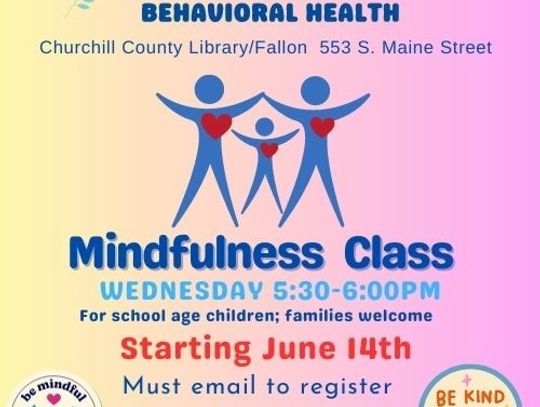
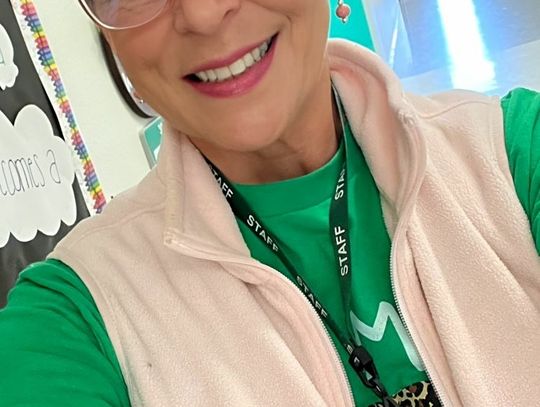
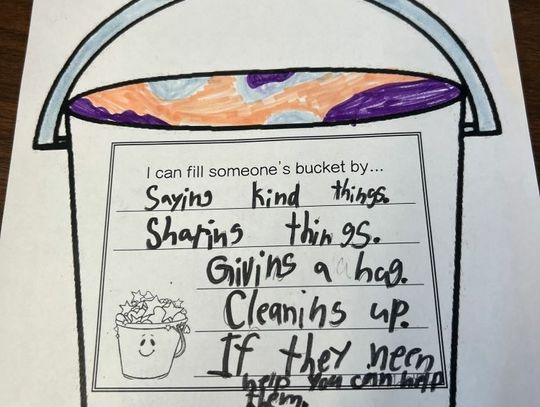
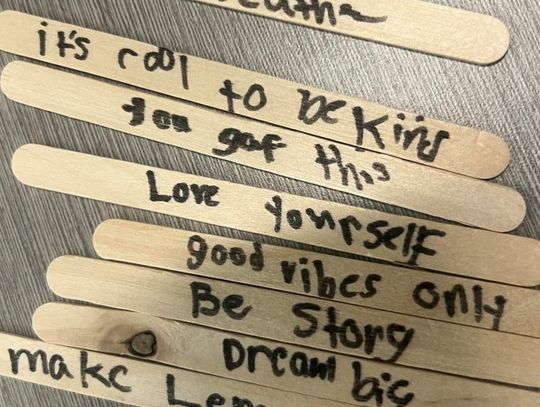
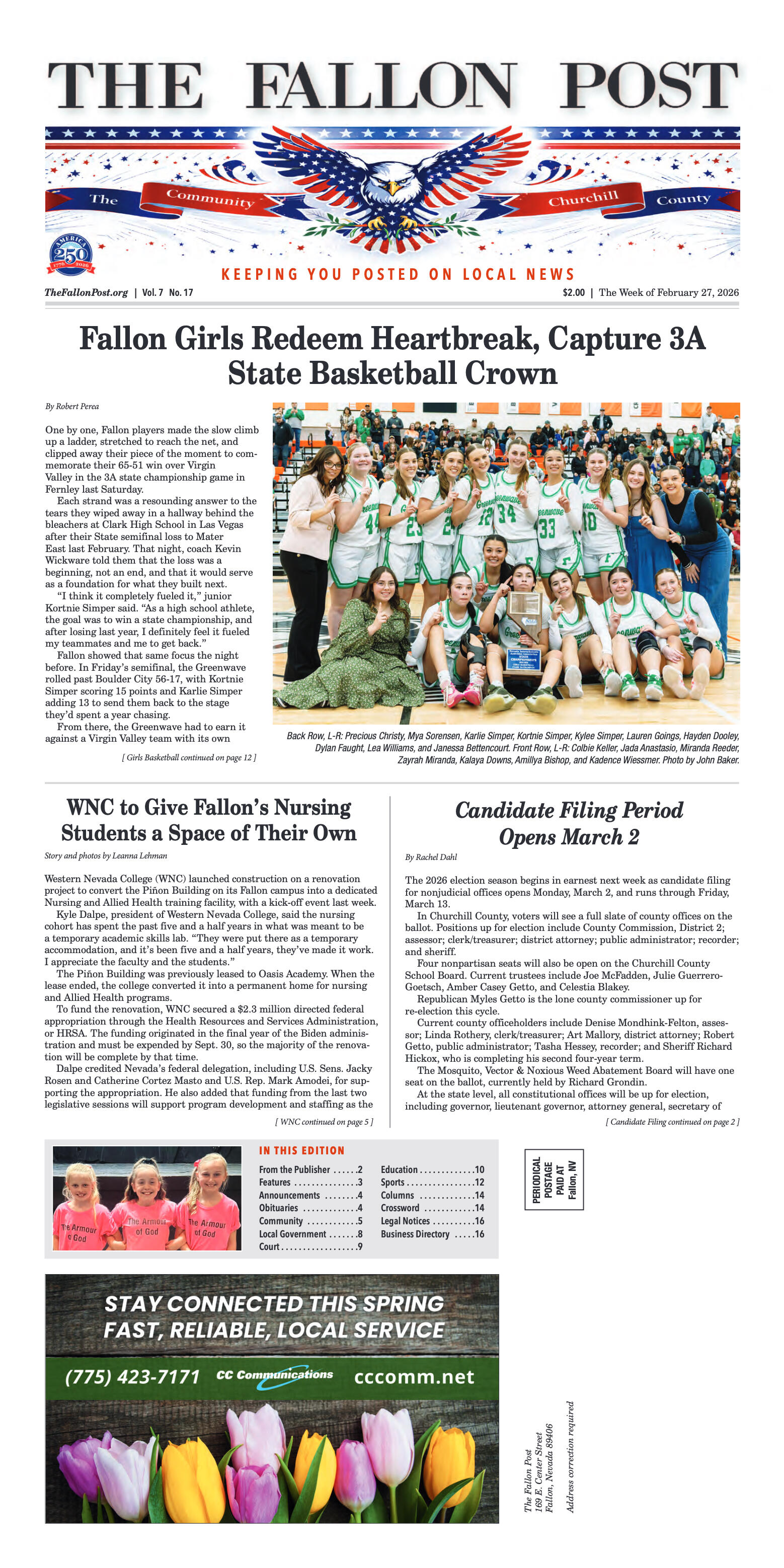
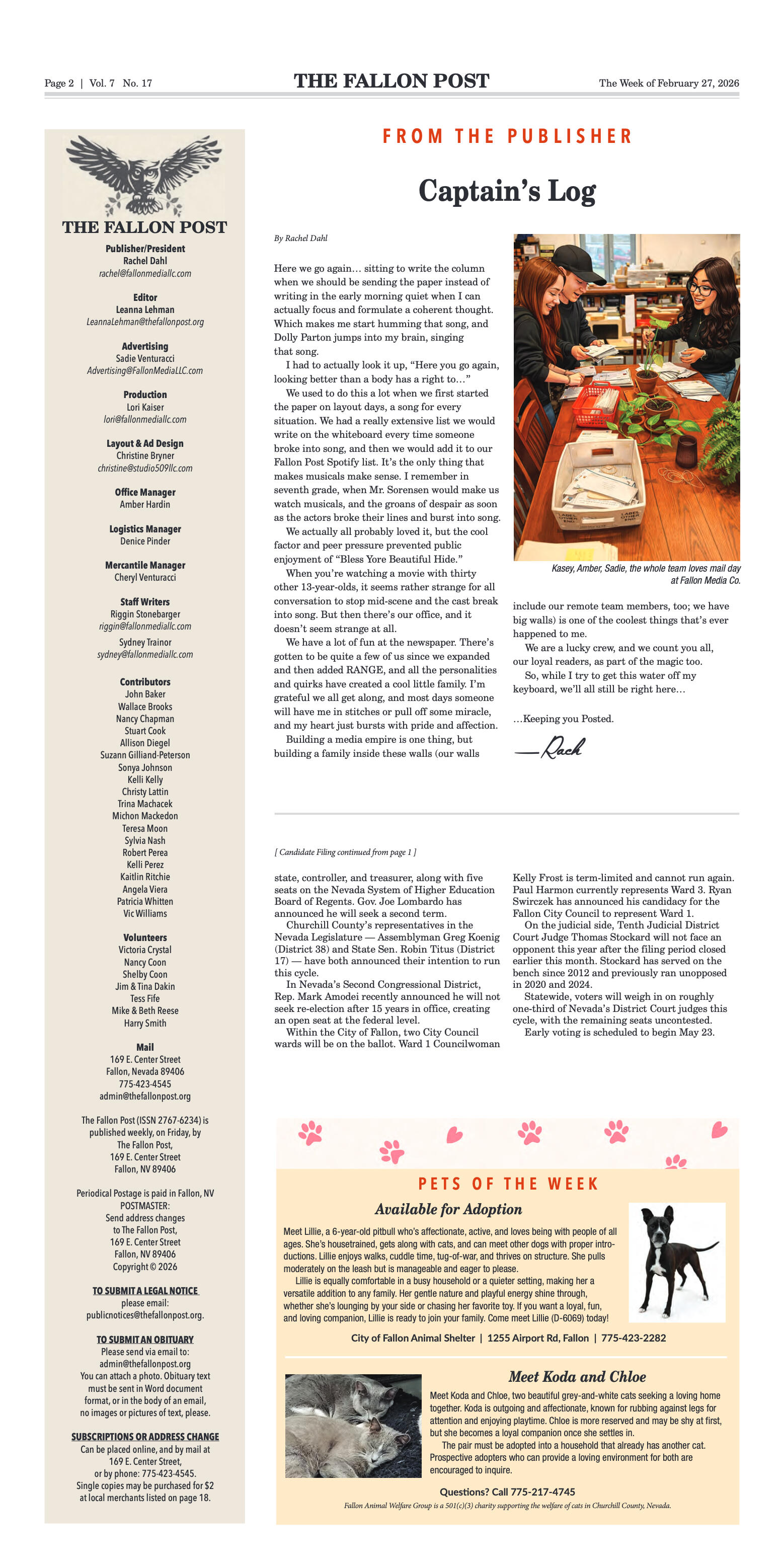
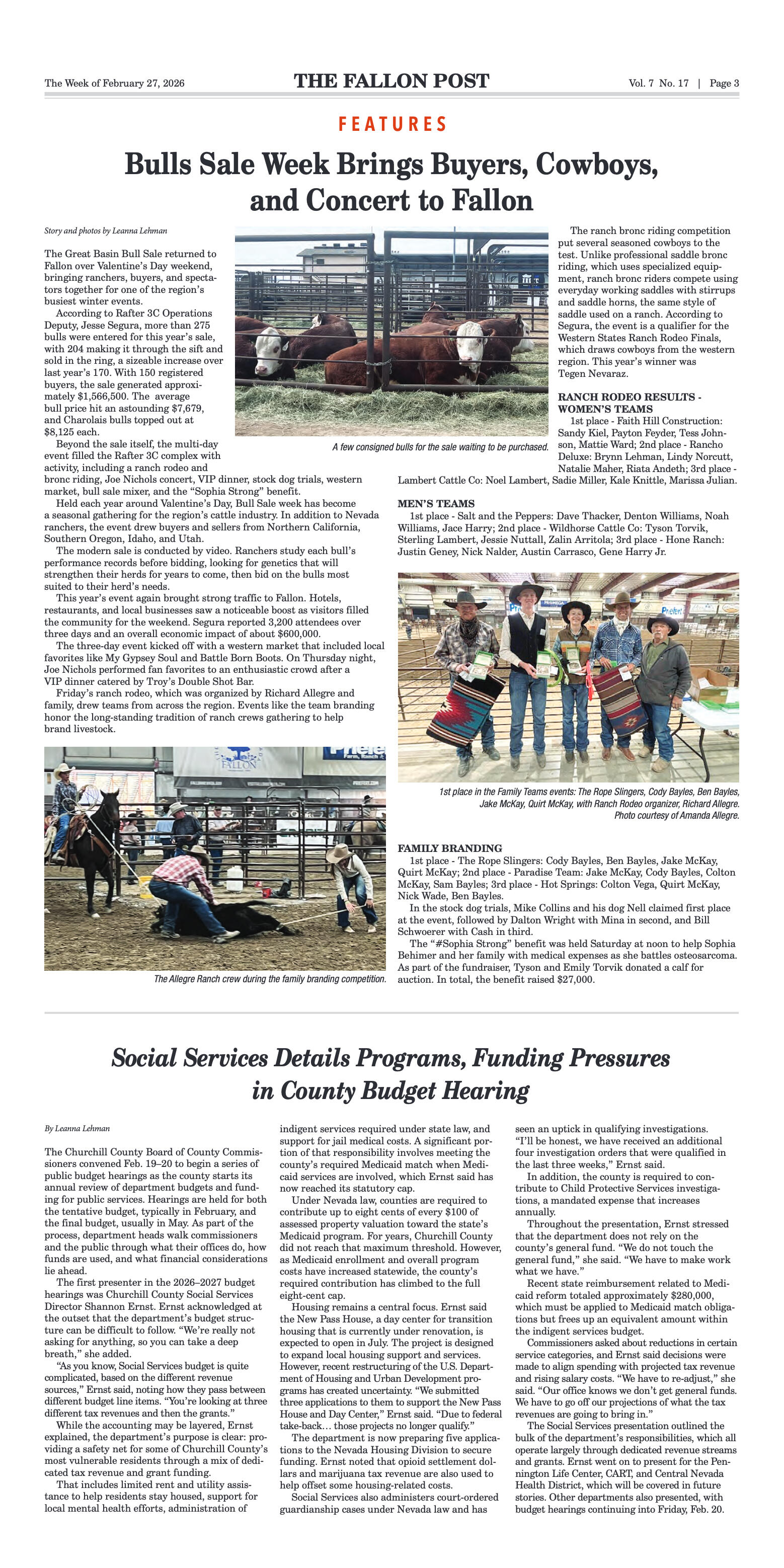
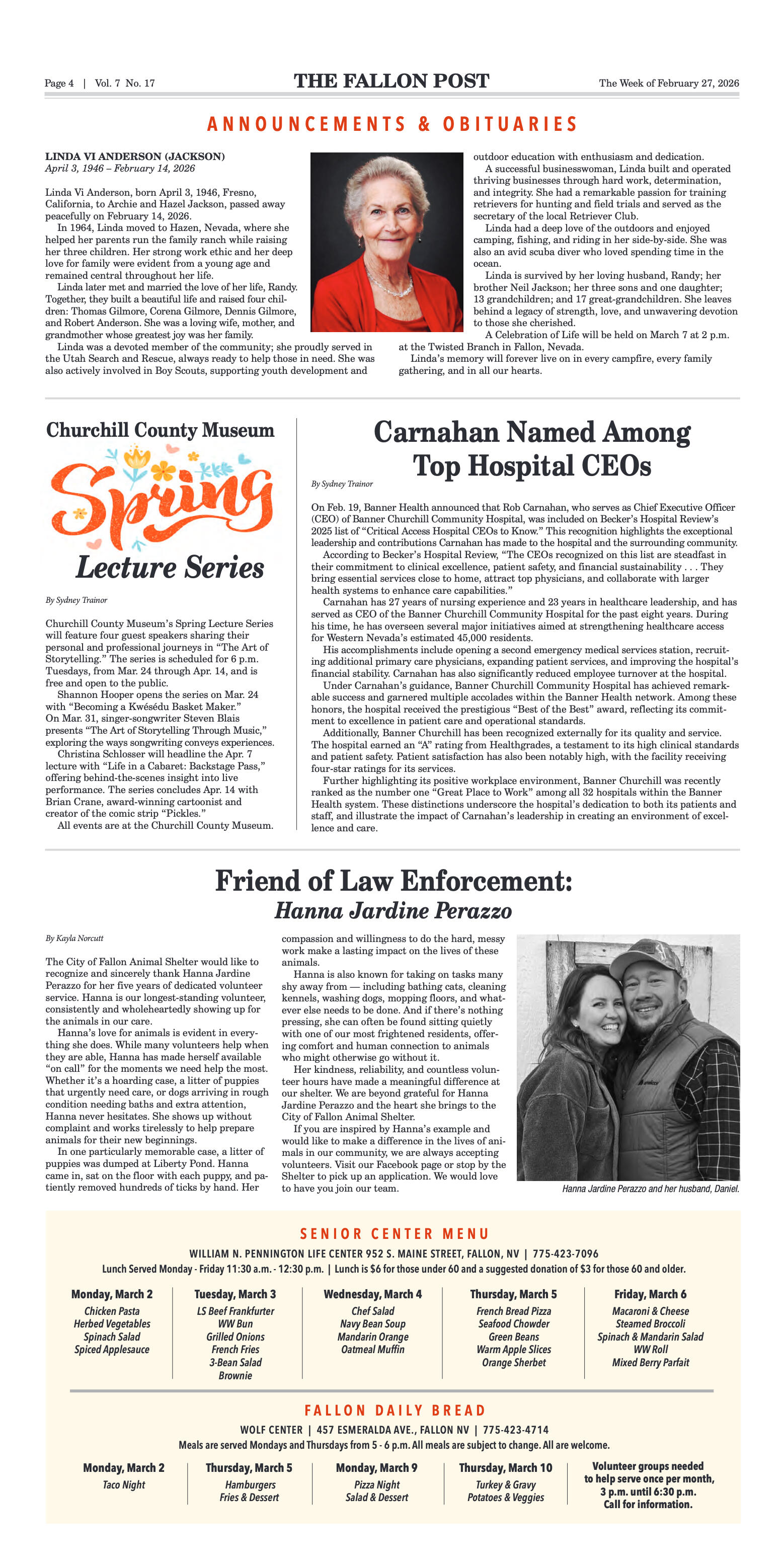
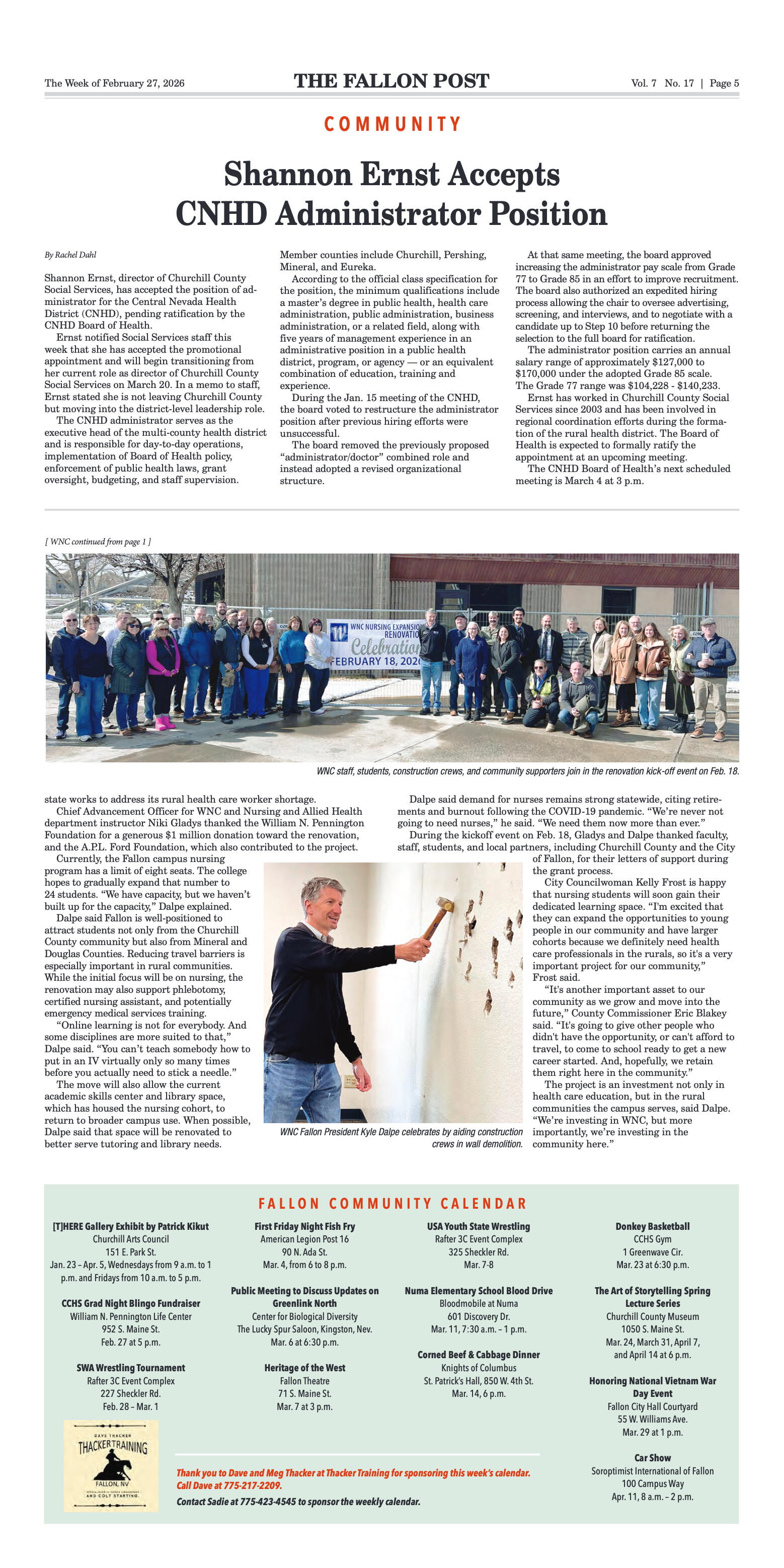
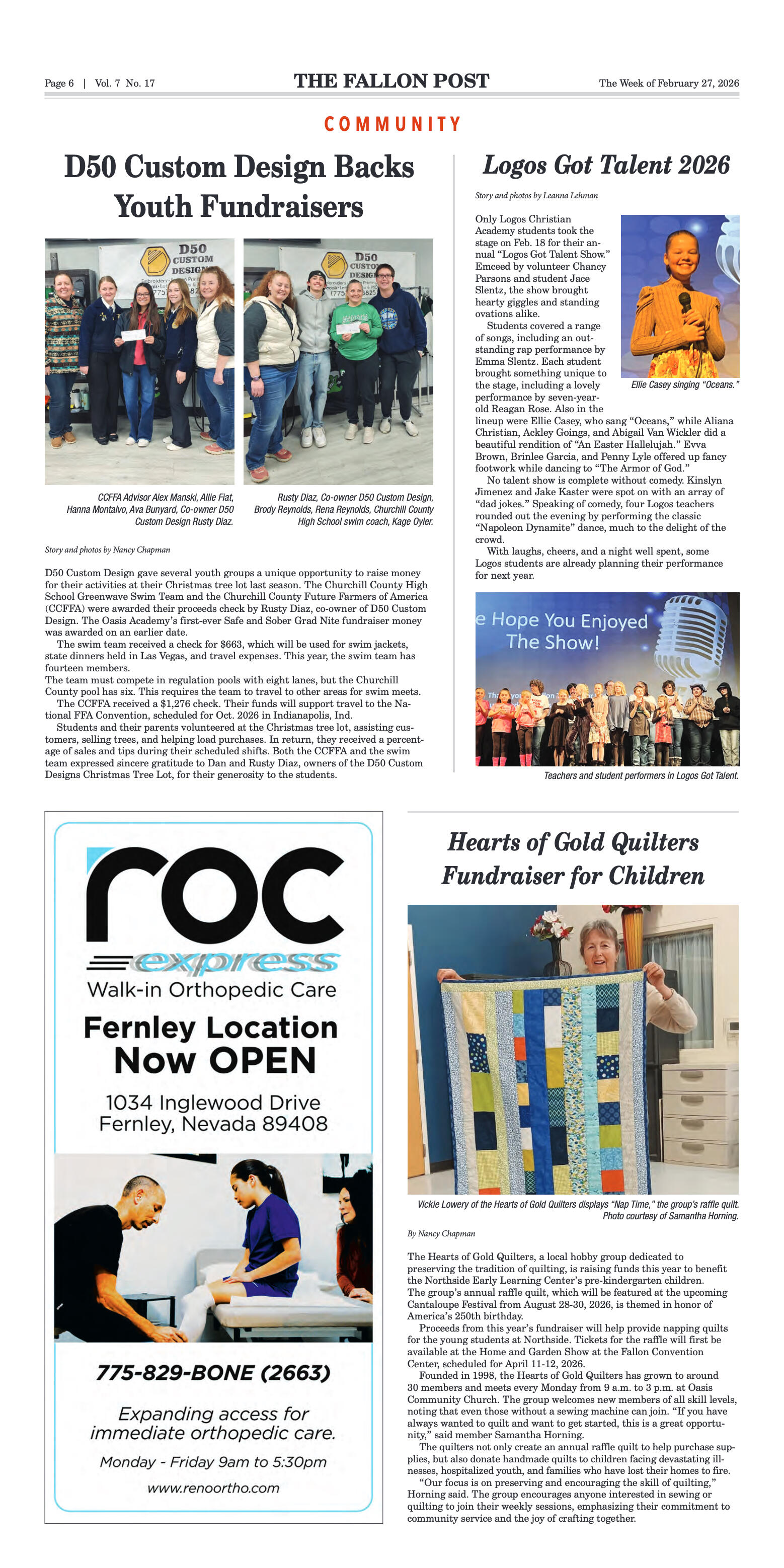
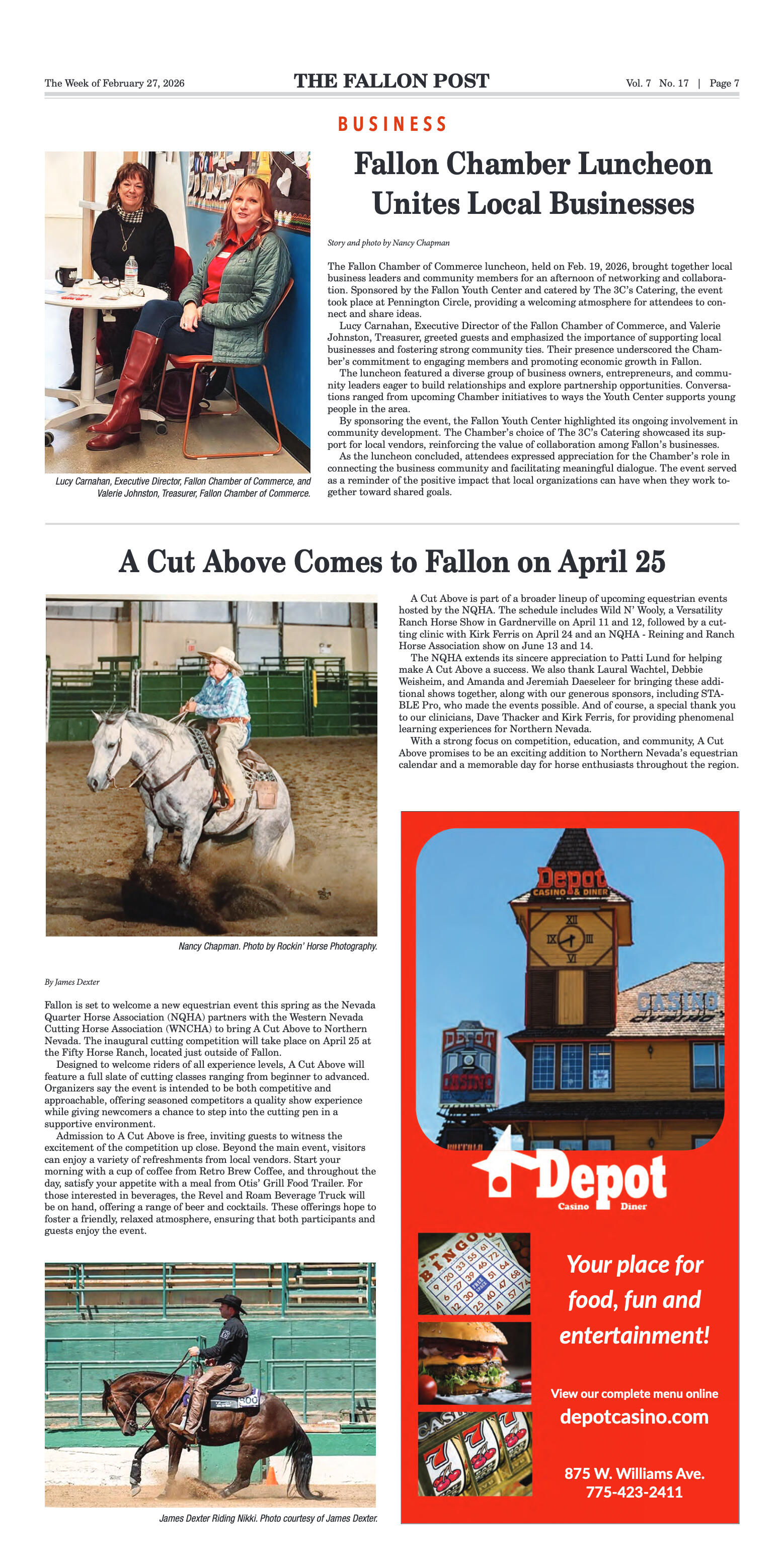
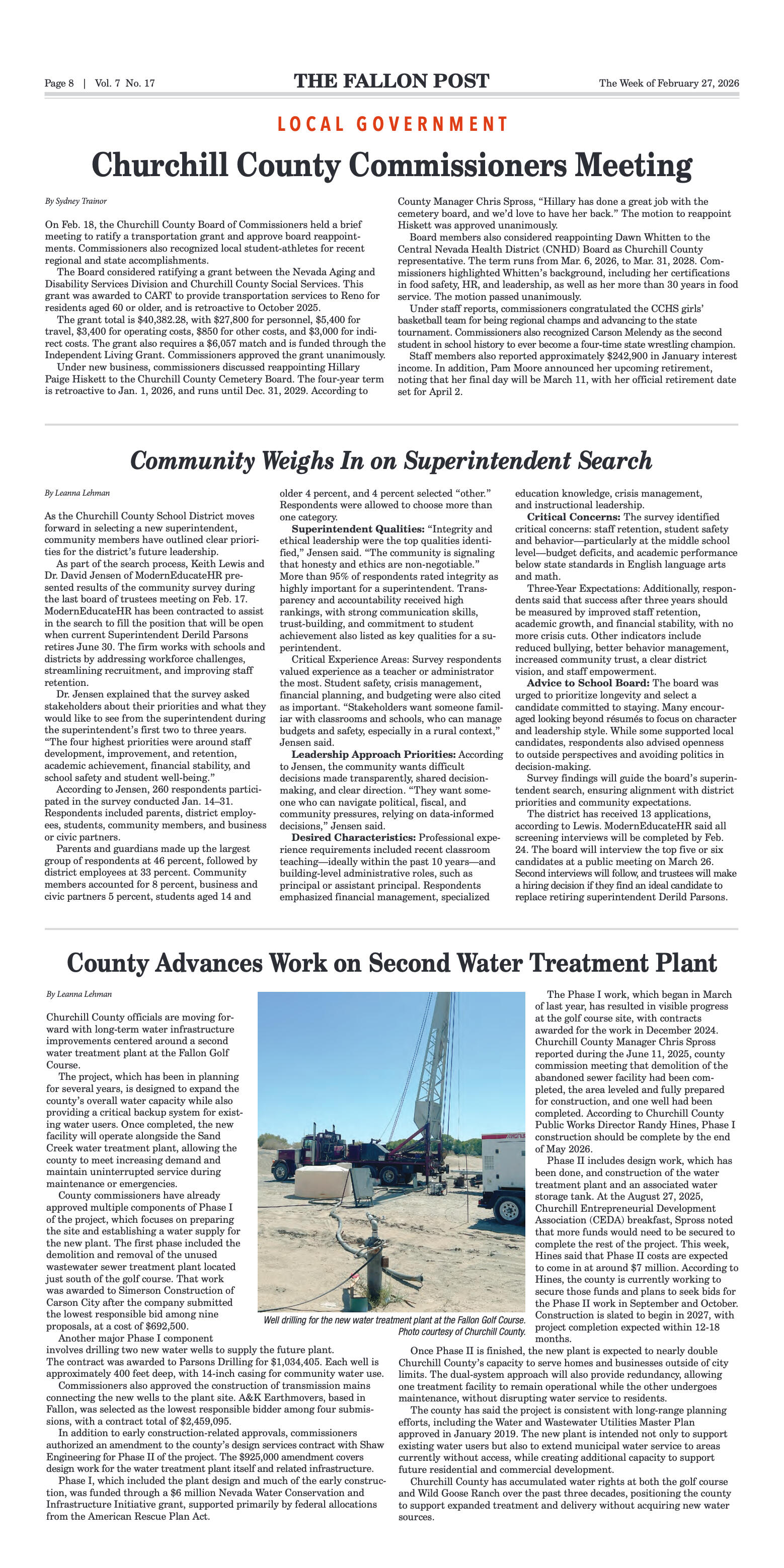
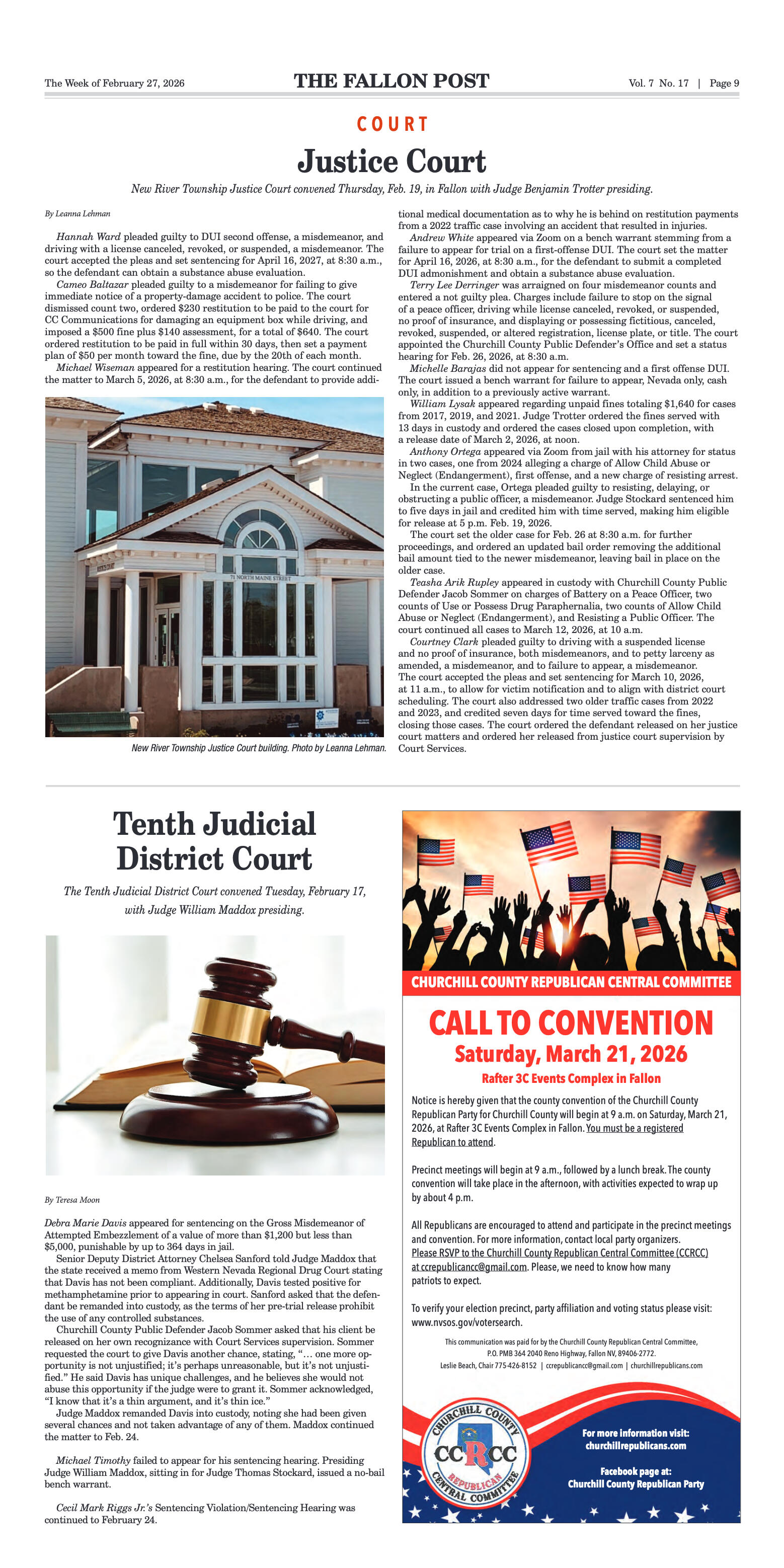
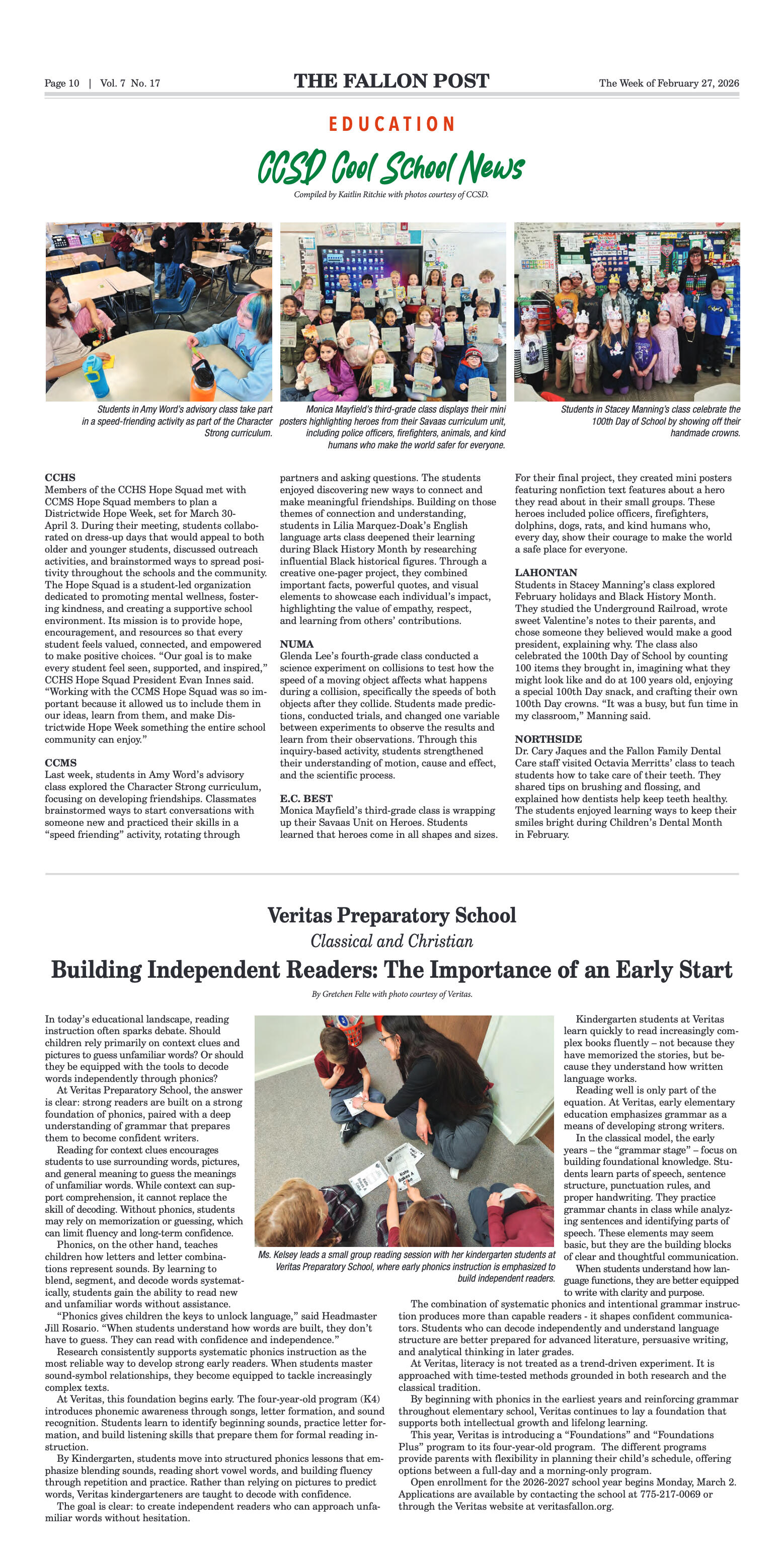
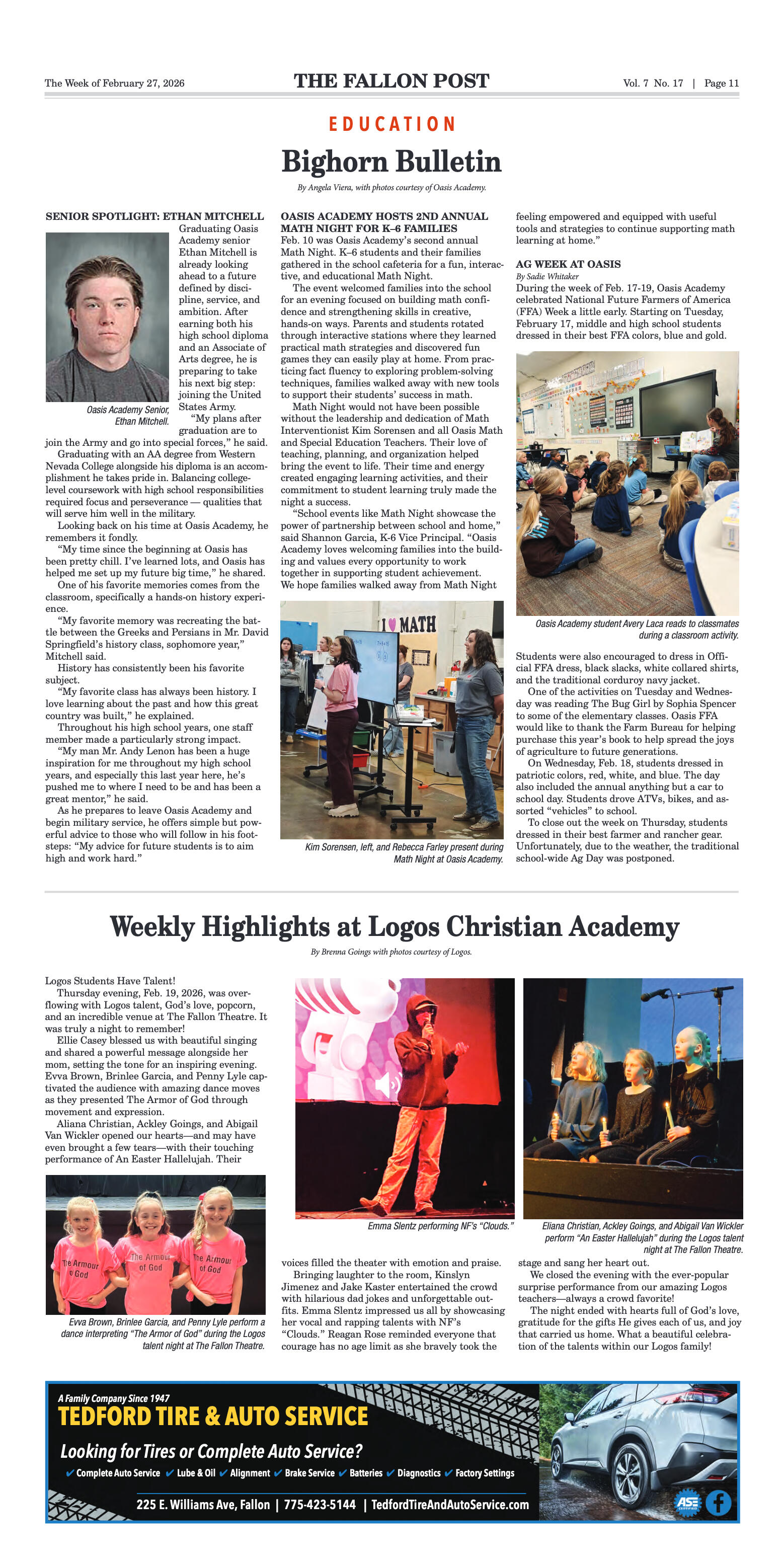



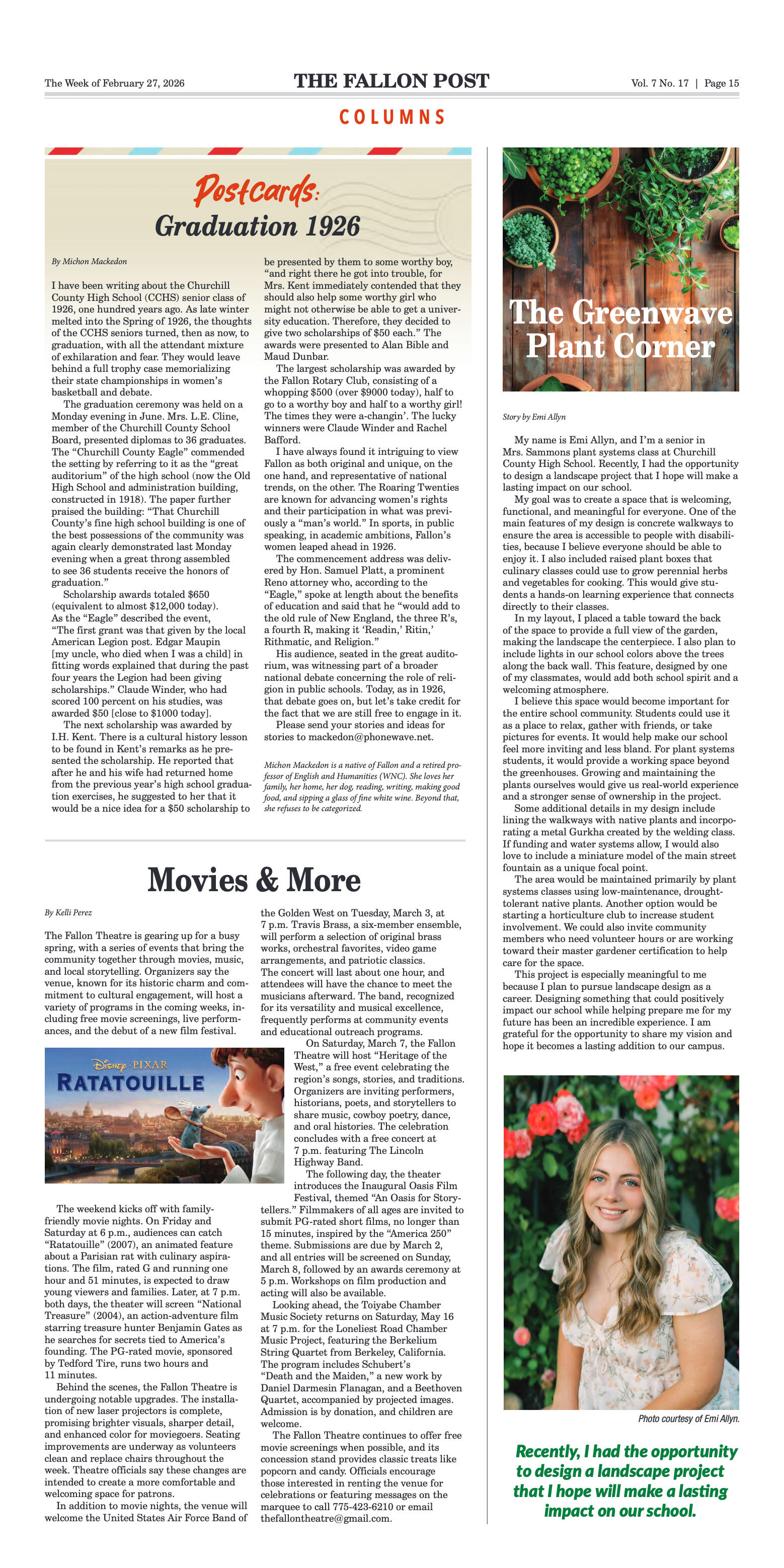
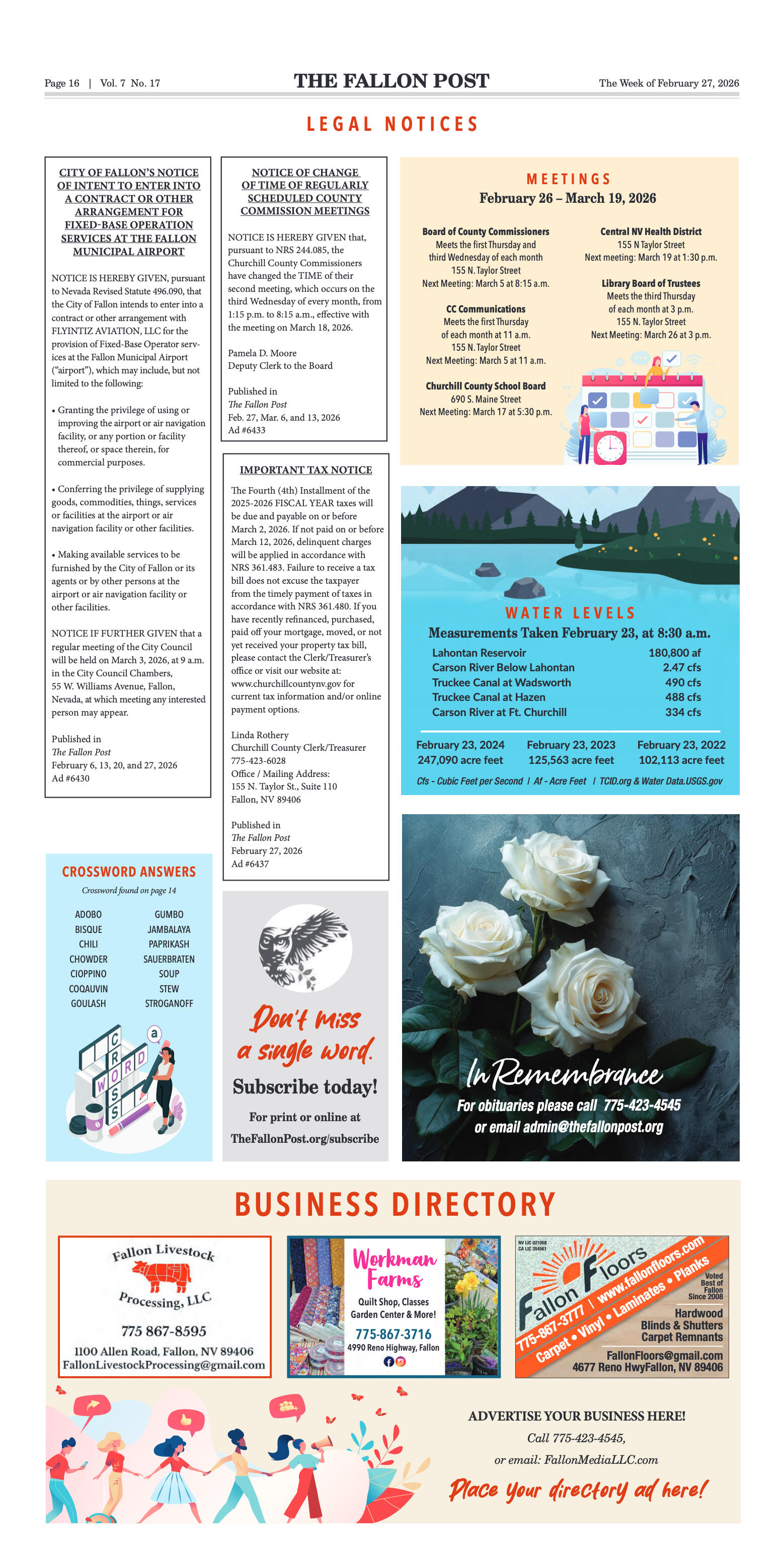




















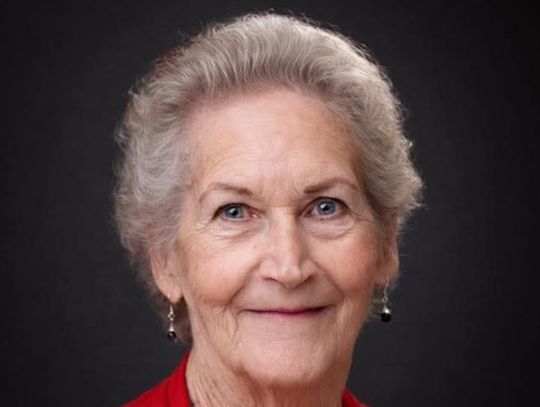


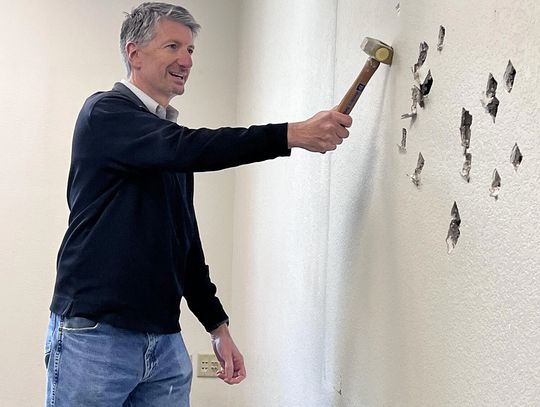
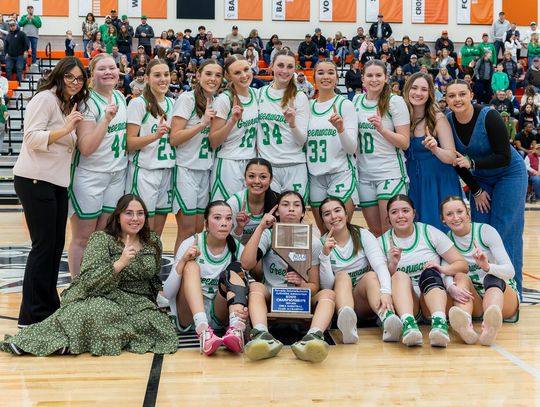

Comment
Comments